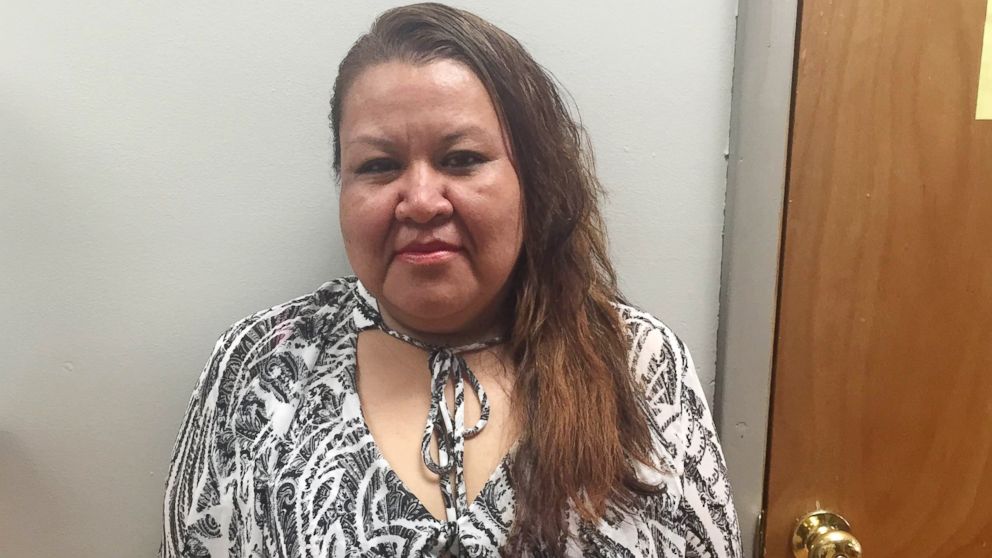Donald Trump's Plan to Block Payments to Mexico Could Harm Dependent Communities
Here are some of the ways families dependent on remittances could be affected.

— -- Donald Trump's proposal to block money transfers to Mexico until the country pays for a border wall has immigrants like Juana Alvarez worried about her family.
Alvarez, 39, left Puebla, Mexico, for the U.S. in 1993, knowing only an uncle in New York. Since then, she's been wiring money to her grandmother and siblings -- two sisters and a brother -- that she's earned cleaning homes.
"We come here to work, not to steal. Whatever we are getting paid is because we sweat and work for it," Alvarez said in Spanish.
On Tuesday, Trump said he will "compel" Mexico to pay for a border wall by blocking remittances and canceling visas unless Mexico makes a one-time payment of $5 billion to $10 billion to the U.S.
Alvarez wires money to her family as frequently as every 15 days.
"It is sometimes hard for me, because I have kids of my own to care for," Alvarez said.
Here are some of the ways that blocking remittance payments could harm families of migrant workers:
Poverty
There's evidence that the remittance payments shift real income toward laborers, and blocking payments would affect those who are remittance-dependent. Economists at the World Bank are researching ways to decrease the transaction costs of remittances, hoping to make it easier for migrant workers to send money back to their families.
"When I have money left over I also help out my uncles," Alvarez said. "I mean, since our family is really close, I like to consider them more like my brothers and sisters. I normally send them about $50, which to them is way more than it is worth here."
In the poorest rural areas of Mexico, remittance transfers comprised 19.5 percent of income, according to a 2004 World Bank study. The largest use of remittance payments went toward the cost of living, including rent and food, according to one estimate.
"There is mounting evidence that migration and remittances have first-order economic impacts on poverty in origin countries, on migrants and their families, and on global GDP," Michael Clemens, senior fellow with the Center for Global Development, wrote in a paper in 2014.
Health effects
Blocking money transfers could block access to health care, one of the uses of remittance payments. In Mexico and Sri Lanka, the birth weight of children is higher among families that receive remittances, according to Dilip Ratha, a World Bank economist.
Among the most important reasons Alvarez said she sends money is to pay for the health care for her aging grandmother.
"Every 15 days I need to send something to my grandma. She needs it for her medicine and her IVs," Alvarez said. "If a medicine over here is $2 over there is over $200."
Education
A halt in remittance payments could impact a family's support of educational goals.
In El Salvador, the school dropout rate among children is lower in families that receive remittances, Ratha said in a 2014 TED talk. OXFAM has noted that when women receive and control remittance payments, they are more likely to invest in overall household well-being, such as health, nutrition and education.



